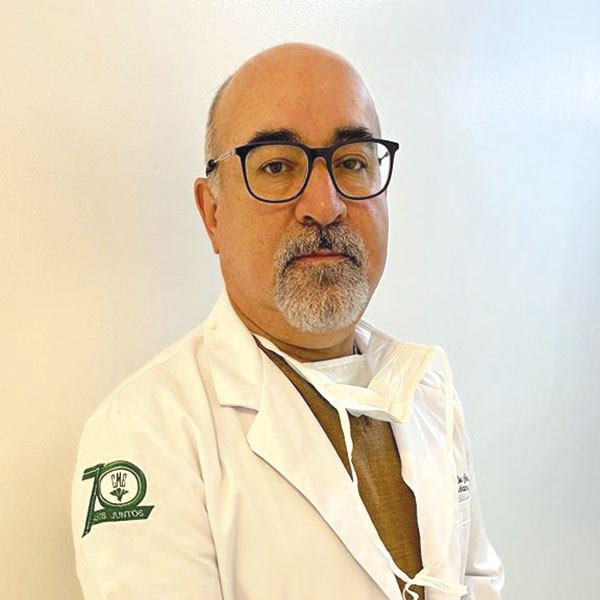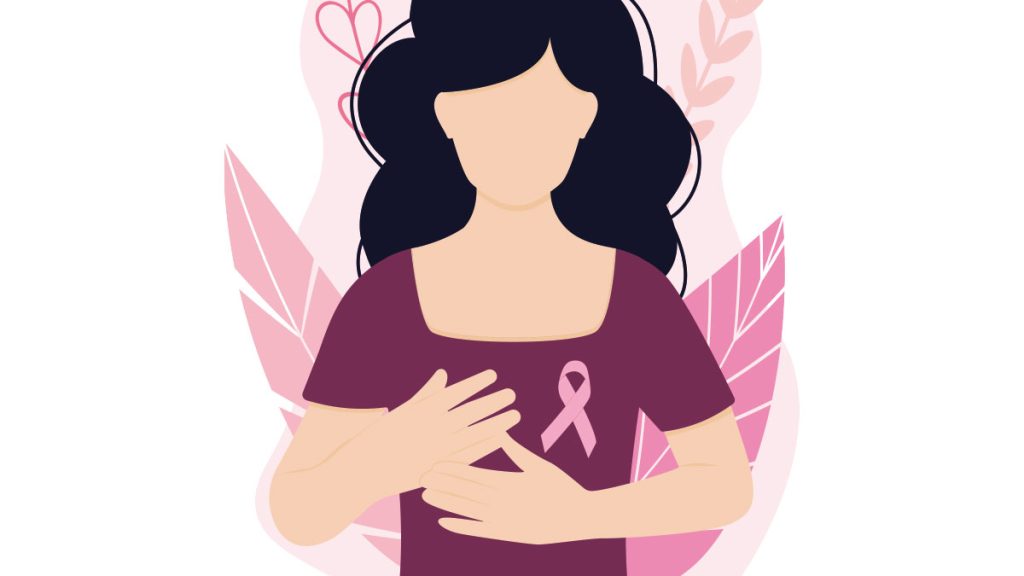Detectar a tiempo los síntomas puede salvar tu vida
Por: Ailyn Marian Alvarez Moreno.
La tarea de los cirujanos.
La tarea de los cirujanos oncológicos es, principalmente, retirar tumores de crecimiento que obstruyen los órganos del cuerpo, los cuales se desarrollan en el mismo y pueden provocar diferentes tipos de cáncer como: leucemia, mama, colon, pulmón, tiroides, hígado, páncreas y piel, por mencionar algunos.
El cáncer es una degeneración de tejido sano; es complejo poder identificarlo, pues según el tipo de cáncer son los síntomas, aunque de una forma general se presenta cansancio, anemia, dolor muscular, pérdida de apetito, pérdida o aumento de peso, manchas y bultos o bolitas sobre la piel.
Para identificarlo, podemos realizar estudios sencillos como laboratorio general, marcadores tumorales, Papanicolaou, mastografía, placa de tórax y endoscopia.
Como oncólogos dividimos el tratamiento contra el cáncer en 4 etapas:
Etapa 1. La identificación de la enfermedad mediante exámenes de laboratorio.
Etapa 2. (8 días después de la primera) Identificación más completa para dentro de 1 mes realizar la primera intervención.
Etapa 3. Ocho meses de quimioterapia y revisión de la evolución del cáncer.
Etapa 4. Si durante 5 años de observación y revisión la enfermedad no vuelve se da de alta a la paciente
Durante todo este proceso también se valora desde que llega el paciente en qué etapa está, avanzado o principiante; se divide en porcentajes de probabilidad de curación, la cual va de 90, 70, 50 y 30 por ciento, de ahí se decide el tipo de tratamiento que se va a llevar a cabo.
Factores importantes para la detección temprana.
Existen factores de gran importancia para detectar a tiempo un cáncer e incluso prevenirlo, entre ellos la alimentación, es decir, consumir menos carnes rojas, embutidos, carne de puerco, cambiarlo por frutas, verduras, legumbres.
Un punto importante de recalcar es el chequeo, que en el caso de las mujeres el Papanicolau y la mastografía, que se recomienda al menos una vez por año, luego de iniciar una vida sexual activa, mientras que la mastografía se realiza al cumplir 40 años.
También es una prioridad los exámenes generales de laboratorio y el ejercicio, para lo cual se recomienda actividad física, en especial el ejercicio aeróbico que ayuda a mejorar la condición física.
Otro factor importante es el control de emociones o salud mental, es decir, tener una vida baja en estrés, presiones y con emociones sanas también influye en evitar el desarrollo del cáncer.
Y por último no olvide los controles básicos: el estar al pendiente de nuestro cuerpo y el cómo nos habla es fundamental para tratar a tiempo el cáncer.

Biografía
Médico especialista en oncología clínica y cirugía oncológica, con habilidad para detectar y extirpar tumores benignos y malignos. Egresado de la Universidad de Guadalajara con 25 años de experiencia
Dr. César R. Ríos Checa
Cirujano oncólogo
Centro Médico de Especialidades
Av. Américas, colonia Las Margaritas
Tel. / Fax: 656-616-1681
Cel: 656-626-6995
Correo: rios993@yahoo.com
Cancer and being aware of our body
Detecting symptoms early can save your life.
By: Ailyn Marian Alvarez Moreno.
The task of surgeons.
The task of oncological surgeons is mainly to remove growth tumors that obstruct the body’s organs, which develop in the body and can cause different types of cancer such as leukemia, breast, colon, lung, thyroid, liver, pancreas and skin, to mention a few.
Cancer is a degeneration of healthy tissue; it is complex to identify it because the symptoms depend on the type of cancer. In general, there is fatigue, anemia, muscle pain, loss of appetite, weight loss or gain, spots and lumps or bumps on the skin.
We can perform simple studies such as general laboratory, tumor markers, Papanicolaou, mastography, chest x-ray and endoscopy to identify it.
As oncologists, we divide cancer treatment into four stages:
Stage 1. Identification of the disease through laboratory tests.
Stage 2. (8 days after the first one) More complete identification to perform the first intervention within one month.
Stage 3. Eight months of chemotherapy and review of the evolution of the cancer.
Stage 4. If, during five years of observation and study, the disease does not return, the patient is discharged.
During this whole process, the patient’s stage, advanced or beginner, is also evaluated from the moment he/she arrives; it is divided into percentages of the probability of cure, which ranges from 90, 70, 50 and 30 percent, and from there the type of treatment to be carried out is decided.
Essential factors for early detection.
There are factors of great importance to detect cancer early and even prevent it, among them the diet, that is to say, to consume less red meat, sausages, and pork, and to change it for fruits, vegetables and legumes.
An important point to emphasize is the check-up, which in the case of women is the Pap smear and the mastography, which is recommended at least once a year after starting an active sexual life, while the mastography is performed at the age of 40.
General laboratory tests and exercise are also a priority, for which physical activity is recommended, especially aerobic exercise, which helps to improve physical condition.
Another critical factor is the control of emotions or mental health; that is to say, having a life low in stress and pressures and with healthy emotions also influences avoiding cancer development.
And finally, do not forget the basic controls: being aware of our body and how it talks to us is fundamental to treating cancer in time.
Biography
Medical specialist in clinical oncology and oncologic surgery, with the ability to detect and remove benign and malignant tumors. Graduated from the University of Guadalajara with 25 years of experience.
Dr. Cesar R. Rios Checa
Oncologic Surgeon
Medical Center of Specialties
Américas Av., colonia Las Margaritas
Tel. / Fax: 656-616-1681
Cell: 656-626-6995
Email: rios993@yahoo.com

